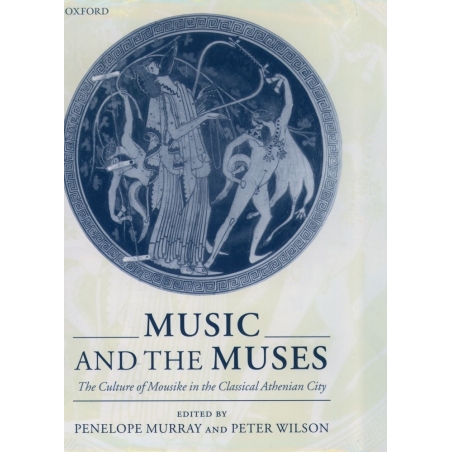What was the role of mousike in Greek life? Broader in its implications than the English 'music', mousike, the realm of the Muses, lay at the heart of Greek culture. Yet, despite its centrality, its social and intellectual implications have rarely been investigated. In these new and specially commissioned essays leading experts analyse the political, religious, and ethical significance of musical performance in the classical Athenian city, and open up a new field of investigation in cultural history.
CONTENTS
Introduction
Part I: Mousike and Religion
1 Alexander Hardie: Muses and Mysteries
2 Barbara Kowalzig: Changing choral worlds: song-dance and society in Athens and beyond
3 Ian Rutherford: Song-dance and state-pilgrimage at Athens
4 Paola Ceccarelli: Dancing the pyrrhikhe
Part II: Mousike on Stage
5 Eva Stehle: Choral prayer in Greek tragedy: euphemia or aischrologia?
6 Claude Calame: Choral forms in Aristophanic comedy: musical mimesis and dramatic performance in classical Athens
7 Andrew Barker: Transforming the nightingale: aspects of Athenian musical discourse in the late fifth century
Part III: The Politics of Mousike
8 Eric Csapo: The Politics of the New Music
9 Robert Wallace: Damon of Oa: a music theorist ostracized
10 Peter Wilson: Athenian strings
Part IV: Mousike and Paideia
11 Andrew Ford: catharsis: the power of music in Aristotle's Politics
12 Victoria Wohl: Dirty dancing: Xenophon's Symposium
13 Penelope Murray: The Muses and their arts


